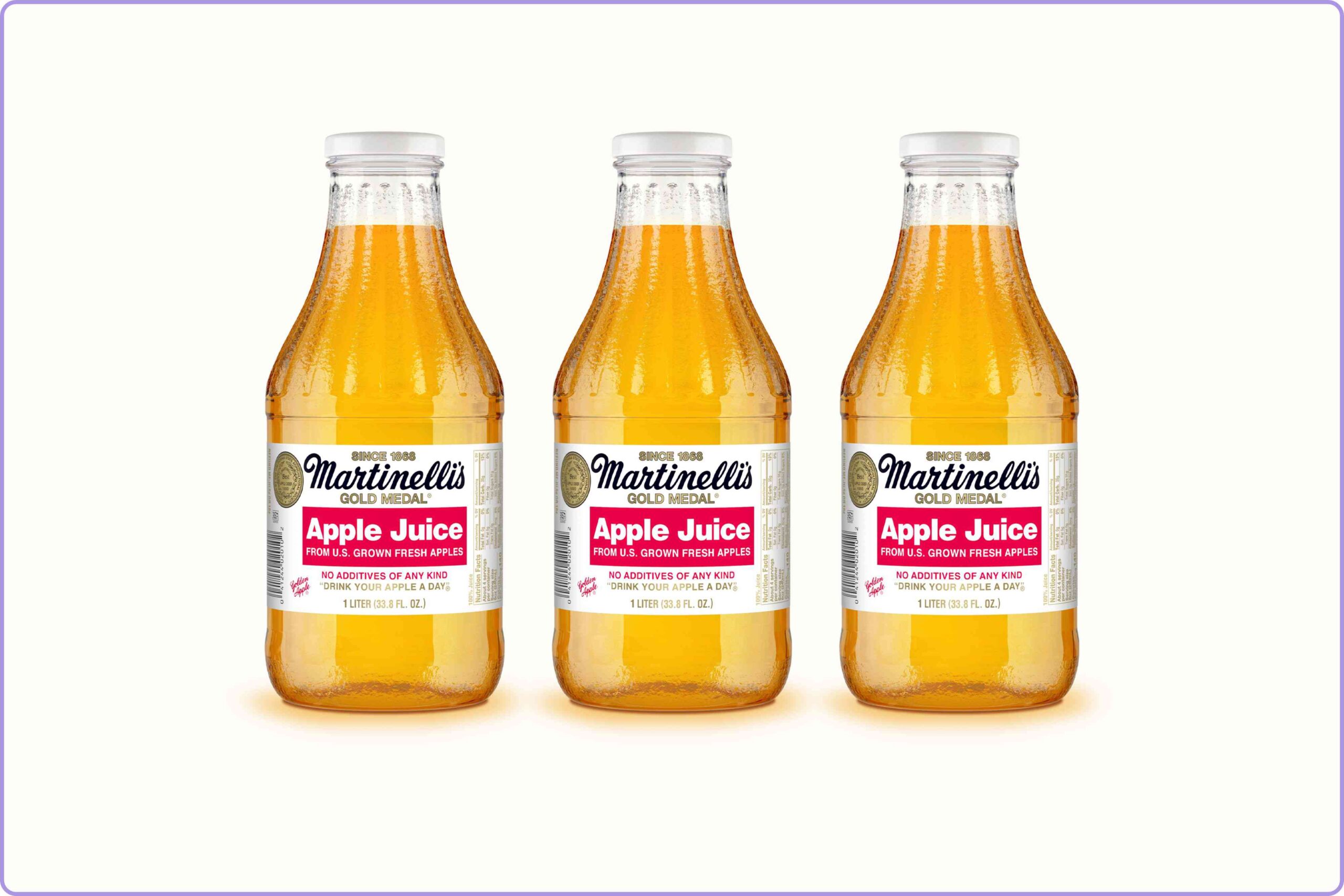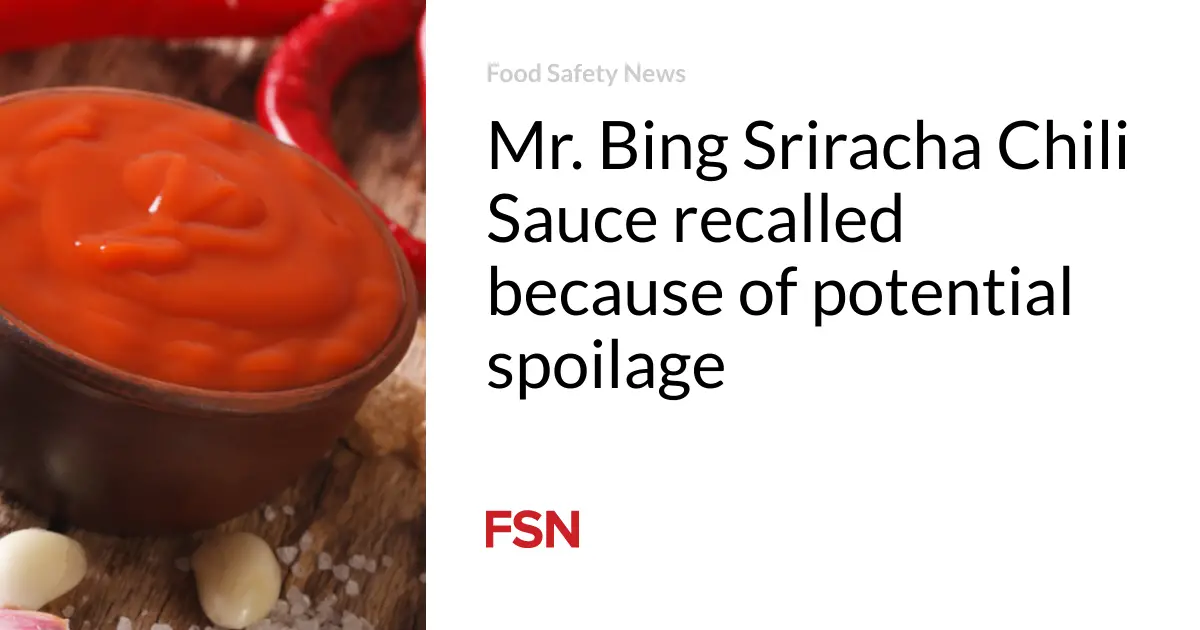
[ad_1]
:max_bytes(150000):strip_icc():format(jpeg)/Health-Martinellis-Recall-19c91e303780404b8963d63fc2176a29.jpg)
Nearly 25,000 cases of Martinelli’s apple juice have been recalled over elevated levels of arsenic.
According to information provided by the Food and Drug Administration (FDA), S. Martinelli & Company voluntarily recalled 24,519 cases (147,114 units) of its Gold Medal Apple Juice sold in 1-liter glass bottles.
The recall, due to “elevated levels of inorganic arsenic,” was initiated on April 16, 2024, and is ongoing, according to the FDA. The affected products were sold in 34 states, including Arizona, California, Maryland, New York, and Pennsylvania, as well as in Puerto Rico and Panama. The full list of states is available on the FDA’s website.
The recalled apple juices are all from the same lot and have “Best By” dates of 09MAR2026 or 10MAR2026 on the front of the bottle above the label, according to the company’s recall notice.
In a statement to Health, the company said it is fully cooperating with the FDA and will continue to do so
“At S. Martinelli & Company, we hold ourselves to the highest standards of excellence, and the health and safety of our customers remains our greatest priority,” the statement said. “In full cooperation with the U.S. Food & Drug Administration (FDA), we issued a voluntary recall; we will continue to cooperate with the FDA on any further direction, beyond what was already sent out to our retail customers.”
S. Martinelli & Company
Arsenic is a naturally-occurring substance that can be found in air, water, and soil; and it can be released into the environment through agricultural and industrial processes. It comes in two forms—organic and inorganic arsenic—and inorganic arsenic is the more toxic form.
People are typically exposed to arsenic through smoking tobacco or being around tobacco smoke, drinking contaminated water, or eating plants that were irrigated with contaminated water. Inorganic arsenic is naturally present in groundwater in certain countries, including the U.S.
Arsenic is a known carcinogen or cancer-causing substance. Ingesting arsenic over a long period of time is associated with an increased risk of bladder and skin cancers. Arsenic exposure has also been linked to cancers of the lung, digestive tract, liver, kidney, and lymphatic and hematopoietic systems.
Arsenic is tasteless, colorless, and odorless, so testing is needed to detect it in food and drinks.
During a sampling of the apple juices conducted by the State of Maryland, one production lot of Martinelli’s apple juice tested above the guidance action level for inorganic arsenic in apple juice, which was set by the FDA in 2023.
The FDA guidance set an industry action level of 10 parts per billion (ppb) for inorganic arsenic in apple juice. The limit is intended to help protect public health against arsenic exposure. The 10 ppb limit is in line with the same requirements for drinking water, according to the FDA.
The sampling of Martinelli’s apple juice showed the level of inorganic arsenic was 11.6 ppb—1.6 ppb higher than the industry action level. Despite these elevated levels of inorganic arsenic, the company’s statement and recall notice said no illnesses or complaints have been reported in relation to the recalled products.
Retailers have been instructed to remove the recalled products from store shelves and to contact customers who may have bought Martinelli’s apple juice to inform them of the recall. If you have the product at home, you should not consume it—instead, dispose of it or return it to the store for a full refund.
[ad_2]
Source link






